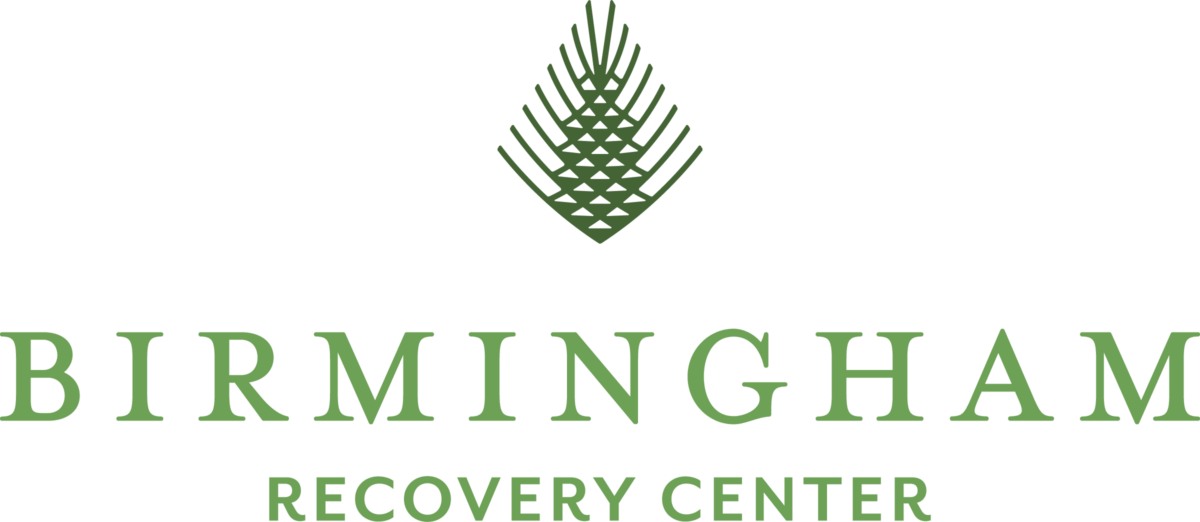The Family and Medical Leave Act (FMLA) has been federal law in the United States since the early 1990s. This groundbreaking legislation ensured that certain employees would be able to take unpaid leave for a variety of reasons without fear of losing their jobs. Through the ensuing three decades, millions of Americans have taken leave for many approved reasons. But many people are unsure if addiction treatment is one of those approved reasons. In other words, does FMLA cover rehab?
Who Is Covered by FMLA?
The FMLA applies to all public employees on the federal, state, and local level. This includes teachers and other school employees. The law also applies to people who work at private companies that have employed 50 or more people for at least 20 weeks this year or last year. If your employer falls under the authority of the FMLA, you are eligible if you meet the following conditions:
- You have worked for your employer for at least 12 months.
- You have completed at least 1,250 hours of work in the past year.
If you work for a qualified private company, you also need to work at a location within 75 miles of at least 50 other employees. Yes, this can be confusing. If you have any questions regarding your coverage, you may want to ask your supervisor or a human resources representative. If you are part of a union, your union rep should also be able to confirm your eligibility for leave under the FMLA.
Does FMLA Cover Drug and Alcohol Rehab?
The answer to the question “Does FMLA cover rehab?” is yes, but only in certain circumstances. The FMLA allows eligible employees of qualified employers to take up to 12 months of unpaid leave for five types of reasons:
- The birth of a baby or the care of a newborn
- The placement of (or care for) a child due to adoption or foster care
- A serious medical condition that prevents you from fulfilling the duties of your job
- The need to care for a spouse, child, or parent who has a serious medical condition
- Certain circumstances regarding the military service of your parent, spouse, or child
The FMLA also authorizes unpaid leave if you are listed as next of kin for a military member who needs care for a serious injury or medical condition. Since a substance use disorder (which is the clinical term for addiction) is considered to be a serious medical condition, FMLA does cover rehab. However, FMLA does not protect your job if you have been dismissed for being under the influence of alcohol or other substances at work, for poor performance due to substance abuse, or for possessing prohibited substances at your place of business. If you were fired because you were using drugs, and you then enter rehab, FMLA is not applicable – though other laws may be. As far as addiction is concerned, the purpose of the FMLA is to allow you to take time away from your job to get treatment or to care for a loved one.
Benefits of Using FMLA to Cover Rehab in Birmingham, AL
Here are perhaps the three biggest benefits of using FMLA to cover rehab:
- You will have the time to get the addiction treatment that you need, or to care for someone in your family who has a substance use disorder.
- You will retain your group health insurance during the time you are on leave.
- You will still have a job when you return from leave.
In addition to (or because of) these benefits, you may also have peace of mind. Preparing to enter rehab or trying to find treatment for a loved one can be stressful and occasionally chaotic experiences. Knowing that you can use your insurance to pay for treatment and that you won’t lose your job while you’re away can be a source of great comfort.
Limitations of Using FMLA to Cover Rehab
Perhaps the most obvious limitation of using FMLA to cover rehab is that the law does not require your employer to pay you while you are receiving care. If you use the maximum allowable 12 weeks of leave, this means you will go almost three months without a paycheck. Of course, the FMLA doesn’t prevent your employer from paying you. Many jobs offer paid time off for rehab and other legitimate medical purposes. You may not receive 100% of your expected pay while you are away, or you may not be paid for the full 12 weeks if you take that much leave, but depending on your workplace’s policies, going to rehab may not mean you will have no income at all.
A second limitation of using FMLA for rehab is that the amount of leave a person can take for any reason (except certain military exemptions) is 12 weeks in any 12-month period. The good news is that 12 weeks is typically more than enough time to complete drug rehab and begin to establish a foothold in early recovery. The less-than-ideal news is that any leave you take for rehab will reduce the amount of available leave you can take if you or someone in your family develops another serious medical condition in the next year. This scenario may be unlikely, but it can (and does) occur.
Begin Rehab in Birmingham, AL
Birmingham Recovery Center is a premier source of customized addiction treatment services for adults in the Birmingham, Alabama, area. If your life has been disrupted by an addiction to alcohol, opioids, or another substance, our team is here for you. Treatment options at our center include detoxification, partial hospitalization, intensive outpatient programming, and outpatient rehab. Give us a call or visit our admissions page today to learn how we can help.

